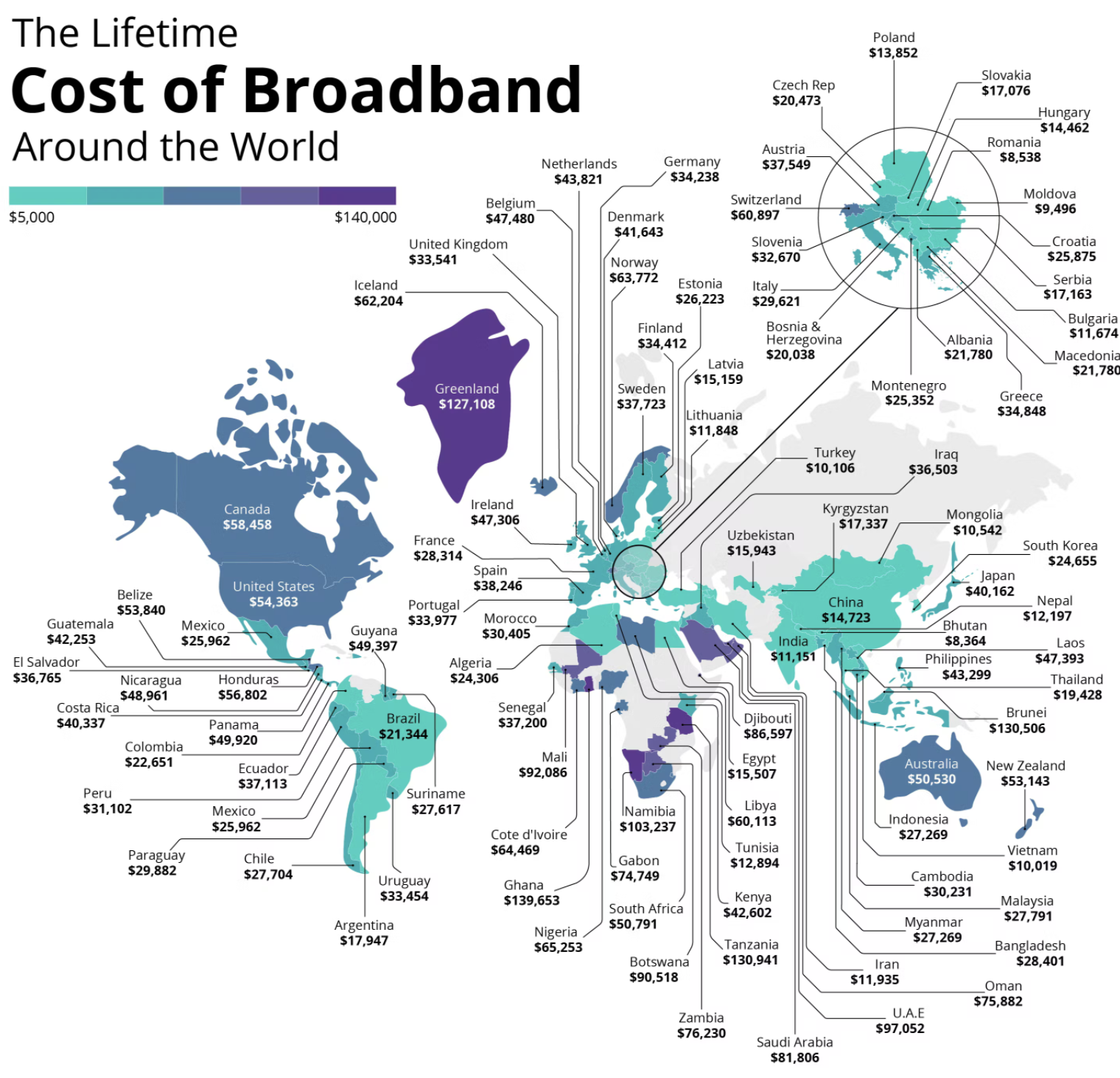Digital equity gaps in Canada are continuing to grow.
According to a recent report from Deloitte’s Future of Canada Centre, the gaps include access to digital technology and skill development.
The challenges disproportionately impact Indigenous peoples, people in the 2SLGBTQ+ community, racialized communities, recent immigrants, people with disabilities, lower-income households, seniors, and women.
Deloitte says income is the most important factor in accessing high-speed internet. A late 2021 survey of 2,000 Canadians conducted by the firm further highlighted this aspect.
The results show that every time home internet speeds increase by 1Mbps, household income needs to increase by $2500.
Access is critical to closing the equity gap, the study states, and there is a need to reassess available types of access. “Otherwise, the gap between those who can succeed in the digital world and those who cannot will continue to widen.”
The survey found 58 percent of households had internet speeds above the minimum broadband speeds outlined by the Canadian Radio-television and Telecommunits Commission (CRTC). However, when looking at families earning less than $40,000 a year, that figure dropped to 39 percent.
The CRTC quantifies minimum speeds as 50Mbps for downloads and 10Mbps for uploads.
The report notes broadband is the key to the expansion and the “bedrock” for other pillars.
Current models for funding broadband aren’t helping either. The study notes independent service providers (ISPs) are “crucial” for providing affordable internet to underserved groups.
“The federal government’s broadband funding scheme is complex, with a wide range of funding sources, a lack of coordination between sources, and onerous application processes. This disadvantages small ISPs that lack the capacity to work through complex applications.” In instances where funding is accessed, it’s not for long periods.
The study acknowledges that the CRTC and Innovation, Science and Economic Development Canada (ISED) hold consultations on broadband-related policies. But smaller ISPs are limited from the discussion, given time, resources, and capacity.
Possible solutions
The study gives several recommendations to inch close the divide in digital equity.
One of the most crucial ones is to expand technology access for underserved groups and include said groups in consultations. For example, residents should be part of developing programs that provide free devices or other services to their communities.
Image credit: Shutterstock
Source: Deloitte Canada






